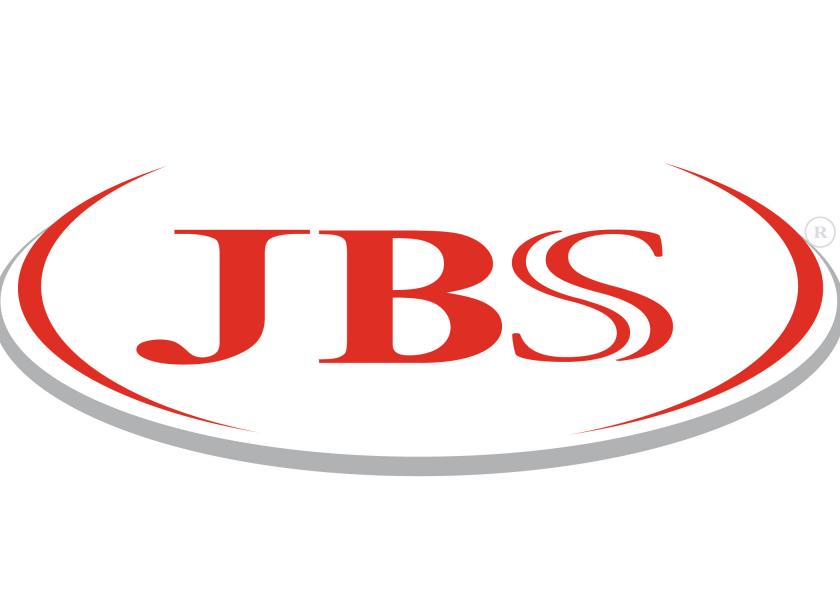JBS Faces Lawsuit for Contract Breach of Arkansas Pig Farm

Frequently appearing in antitrust allegations of price fixation, JBS faces a new lawsuit by Arkansas pig farmer, Justin Garner, for breaching a pig production contract and failing to pay for animals.
JBS is the second-largest pork producer in the world, and along with three other companies, controls almost 70% of the U.S. pork industry, according to recent district court documents. Utilizing vertical integration, JBS contracts pig farms to supply pork for their facilities.
Garner worked as a Howard County sheriff deputy and operated a family farm when he began to consider a 40-acre hog farm for sale used to produce pigs for JBS. Under contract with JBS, Garner understood that the farm would rely on the partnership to be successful, said the court documents.
Garner signed a five-year contract with JBS. As the farmer, Garner covered the entire investment cost of the farm facility, as well as the expense of owning and operating the facility. Under this contract, Garner was to be paid a set cost per pig dictated by JBS, said the court documents. In addition, JBS retained control over production output and day-to-day processes at the facility.
“Even under perfect conditions, many farmers are barely able to generate enough revenue under these term contracts to pay their expenses,” Garner explained in a recent complaint filed under district court.
Garner believes JBS’s contract was “incredibly one-sided” and favorable to JBS. Additionally, the contract allowed JBS “the unilateral right to amend, revise, or eliminate any standard, requirement or policy identified in this Agreement,” the complaint stated.
Multiple instances caused Garner financial loss according to the complaint. JBS began docking Garner for underweight pigs due to a unilateral change in their Sow Production Agreement. JBS also failed to provide gilts to Garner’s farm, which impacted his ability to produce under the contract.
On Nov. 8, 2021, Garner received contract termination notice and the complaint said, “The JBS representatives told Garner that he had to sign the document on November 8, 2021, in their presence.” JBS also told Garner that he would not receive any payment he was due, unless he signed the document that day.
Garner chose not to sign the document that was “a waiver, drafted by JBS, designed to prevent Garner from exercising any and all legal rights or pursuing any claims against JBS for its unilateral termination of the contract. The document also required Garner to keep its terms ‘secret and confidential’ and precluded him from disclosing its terms to anyone,” the complaint said.
Garner had not received any indication of issues with the farm prior to termination.
The unsigned document left all livestock under JBS possession. Garner was not paid the money he was owed and is now left with a waste lagoon and a facility that he can’t sell as the complaint explained, “some prospective purchasers were simply told by JBS that it would not provide a contract for the production of pigs at Garner’s farm.”
Garner has requested a jury trial.







